As Americans, are we supposed to believe that the religious clause of the first amendment holds weight, when our dollars pay for the phrase “In God we trust” to be placed on government buildings?
Separation of church and state is a part of the First Amendment in the Constitution, stating that, “Congress shall make no law respecting an establishment of religion, or prohibiting the free exercise thereof.” The government cannot endorse a religion or allow discrimination against a religion in the U.S. borders. Ultimately, the founders of the first modern American government in the late 18th century tried to remove religion from within thegovernment in order to adopt a secular governing fashion.
Despite such efforts, some government buildings still display the words “In God we trust” across their doors, in their lobbies or in other various parts of the buildings. In May 2018, there was a bill pushed to have the sign in public schools. States like Florida, Arkansas and Arizona are among the group that have passed the law. However, no one ever voted on this saying to be the American way in our current climate, as a whole nation.
It creates an identity for the government, a government just beginning to show diversified backgrounds in the House and Senate. An identity that is beginning to change, but for a while repressed a large part of America’s people.
If the owner of any given property wishes to place such a placard on their private property, they should be able to, as long as the business or people that inhabit the property do not discriminate or make people feel unsafe to openly practice any religion.
The key difference between private property and public is that one is paid for by a private donor, person or business, and one is paid for by the public’s tax dollars. While there may not be direct discrimination, government buildings which place such a saying are subtly endorsing a belief that is not that of all American citizens.
This shows that little separation of church and state actually exists in the government, since the buildings occupied by the government are implicitly publicizing “In God [They] trust.”
America represents the American people, which is sometimes referred to as a “melting pot” for its varied and intricate body of people who come from all over the world and practice a wide range of religions. The placards may not be discriminatory or make people feel as though they are not accepted, but it displays an ideology not all of America believes in nor were given the opportunity to vote for.
Abortion is both argued by religion and science in court, yet church and state are separated. In Jan. of 2018, a woman under the name of Doe argued in the Missouri Supreme Court that their abortion laws, which stated conception is when the life begins of the baby, violates her religious views which oppose the religious views of the church.
It is not that the placards are discriminatory, it is that the government has issued in the constitution to be separated from church, a place of God, but places a message endorsing God in their buildings and currency.
This can make the nation’s diversity feel neglected in a time when change and evolving politics are no longer simply calling for change, but chasing it. “In God we trust,” does not represent our nation currently, but represents our country when we began as colonies. When America should be moving forward, it seems to be taking years worth of steps back on issues of representation and equality that people have risked their lives for.
It might be just a saying, but it represents years worth of injustice and lack of representation.









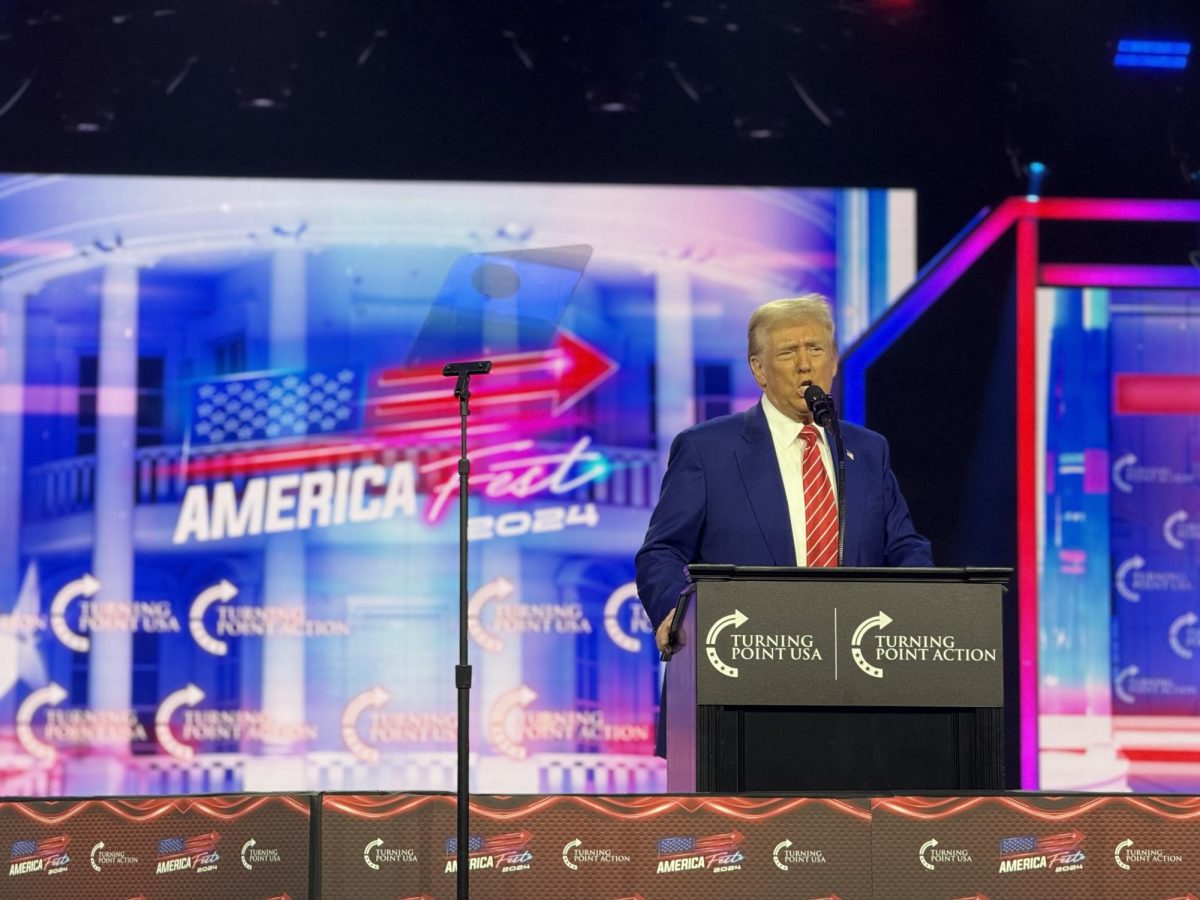

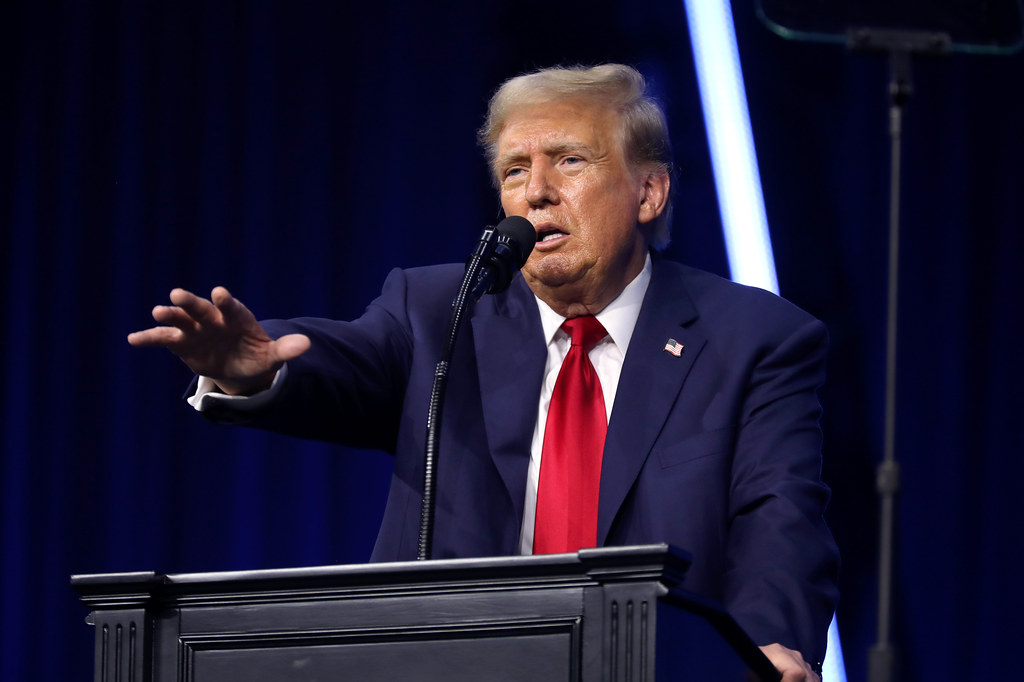


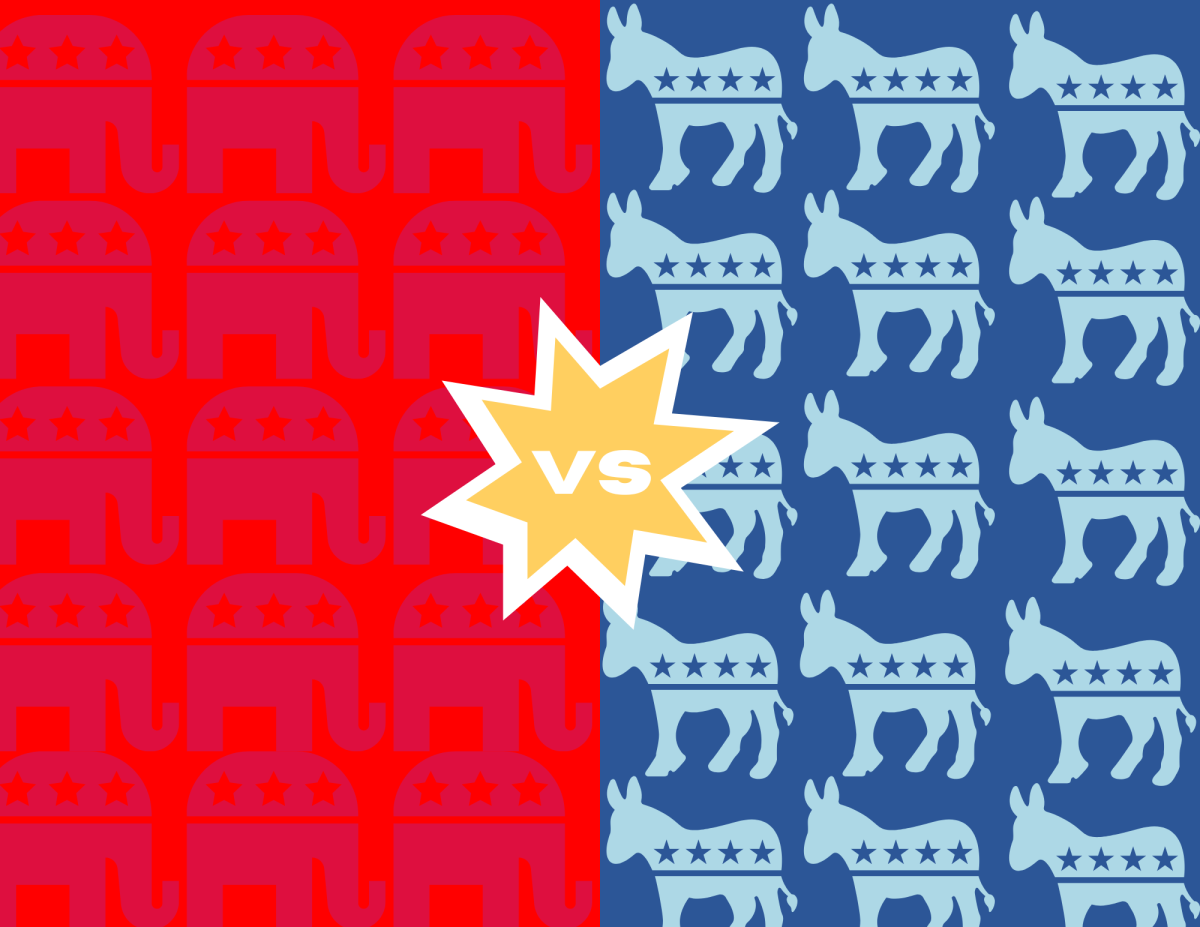

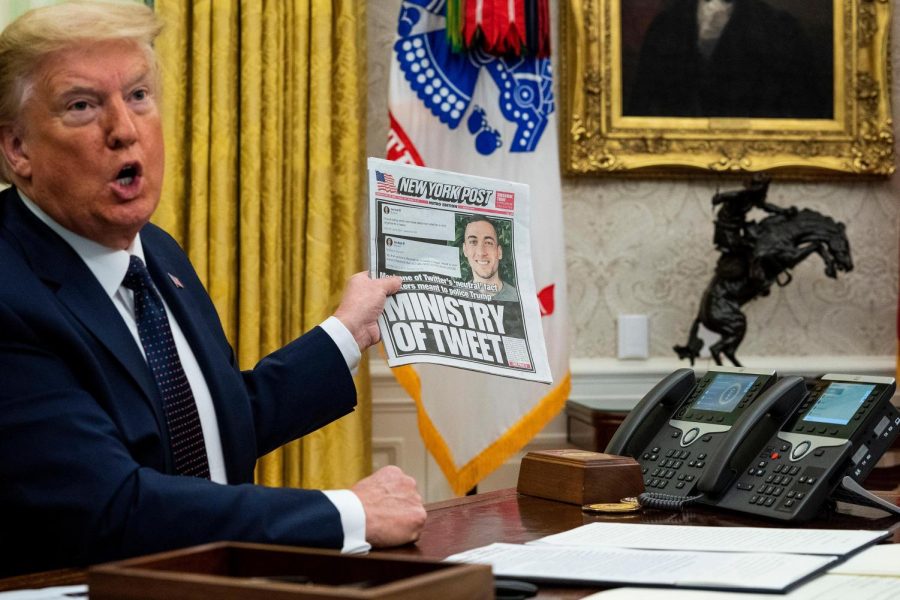
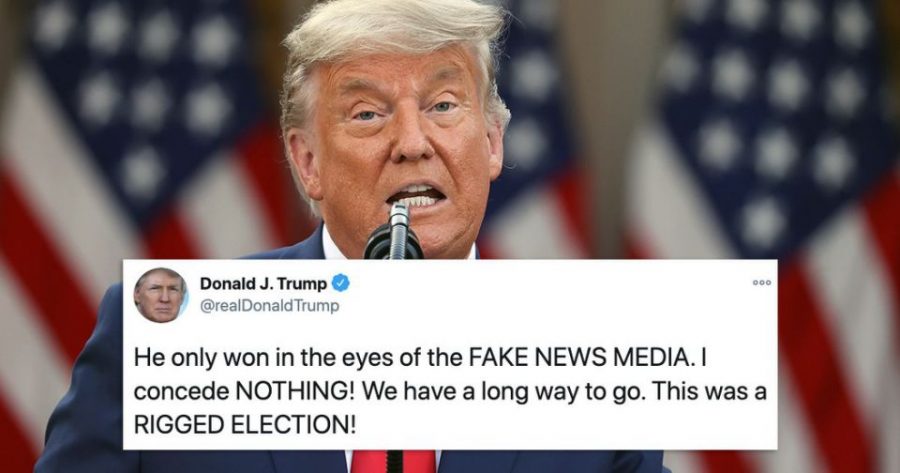


Brien Doyle • Feb 6, 2019 at 8:10 pm
1. Evidence for the existence of a god = Nothing!
2. Do not make laws based on religions
3. Enforcement of religious ‘anything’ in tax-funded, public and governmental agencies is Constitutionally illegal, and
ethically disgusting.
4. There are no gods!!1